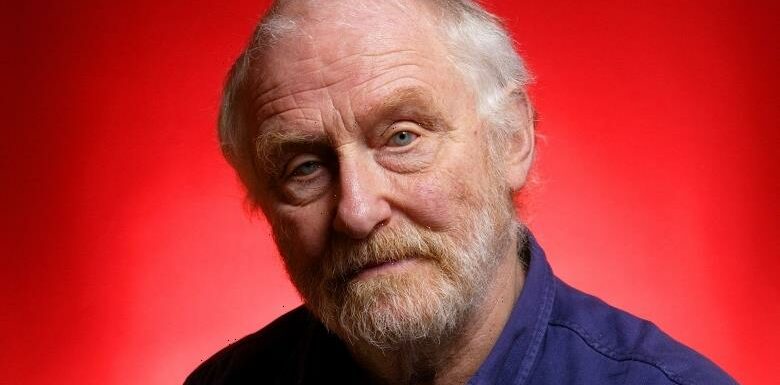
“Get Carter” writer-director Mike Hodges has died at age 90.
Longtime friend and “I’ll Sleep When I’m Dead” producer Mike Kaplan confirmed Hodges’ passing on December 20. Hodges died of heart failure December 17 at his home in Dorset, England. He is survived by his wife Carol Laws, two sons Ben and Jake Hodges, and five grandchildren.
Hodges helmed gangster thriller novel adaptation “Get Carter,” which starred Michael Caine as hitman Jack Carter who investigates a pornography ring involved in his brother’s murder. The 1971 neo-noir film was named one of the 100 best British films of all-time by Sight and Sound magazine in 1999.
Hodges and Caine formed production company Three Michaels along with “Get Carter” producer Michael Klinger. The trio returned for 1972’s “Pulp,” with Caine playing a bodice-ripper novelist hired by a former actor (Mickey Rooney) to ghostwrite his autobiography.
Hodges later directed “The Terminal Man,” “Damien: Omen II,” “Black Rainbow,” and “A Prayer for the Dying” starring Mickey Rourke. Hodges collaborated twice with Clive Owen on “Croupier” and “I’ll Sleep When I’m Dead.” He additionally took over sci-fi film “Flash Gordon” in 1980, replacing Nicolas Roeg. Hodges told BFI in 2021 that he often asked “Flash Gordon” producer Dino De Laurentiis for feedback on his ideas.
“At about 5 o’clock in the afternoon, I would say to Dino, ‘I’ve got this idea,’ and he would say, ‘Hey, Mike, I’ll think about it,’” Hodges said. “The following morning, he would come in and tell me my idea. I’d say, ‘Dino, you’re a genius!’ We had this wonderful working relationship once I’d worked that.”
Hodges also published the novel “Watching the Wheels Come Off” in 2009.
“It’s about 10 years since I made a film. The whole industry is just transformed, so I can’t really say whether it could get made now,” Hodges reflected to BFI last year on the anniversary of “Get Carter.” “We’re talking 50 years ago; they would see that milieu. They would know of it. Now I’m not sure they would, any longer. People who vote Tory certainly have forgotten what the Labour party did, for example. They’ve forgotten the National Health Service came in as a result of a rejection of that kind of poverty and that kind of deprivation. But nowadays people forget all of that. History is no longer of interest to most people, I don’t think.”
Source: Read Full Article